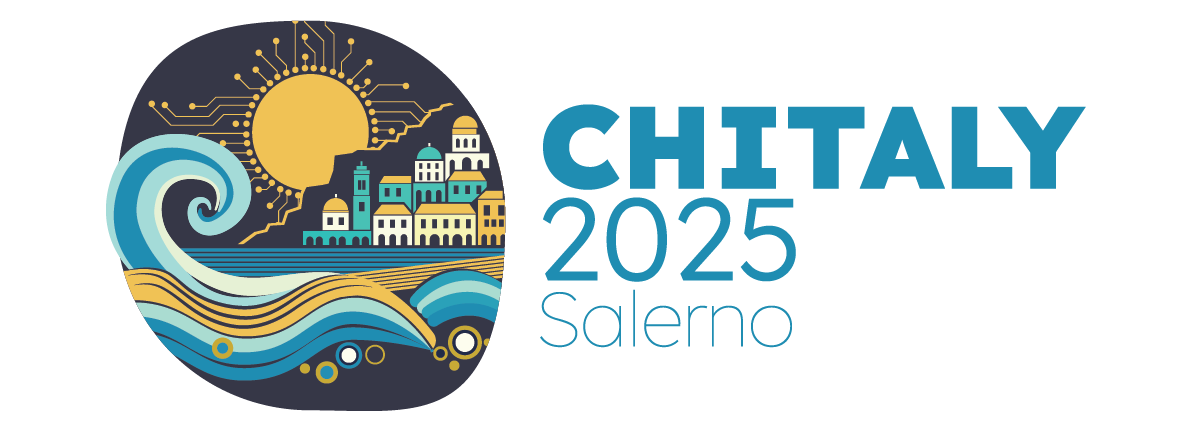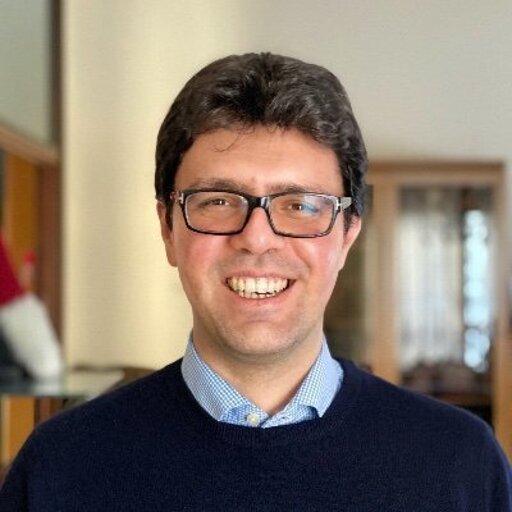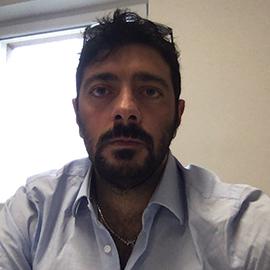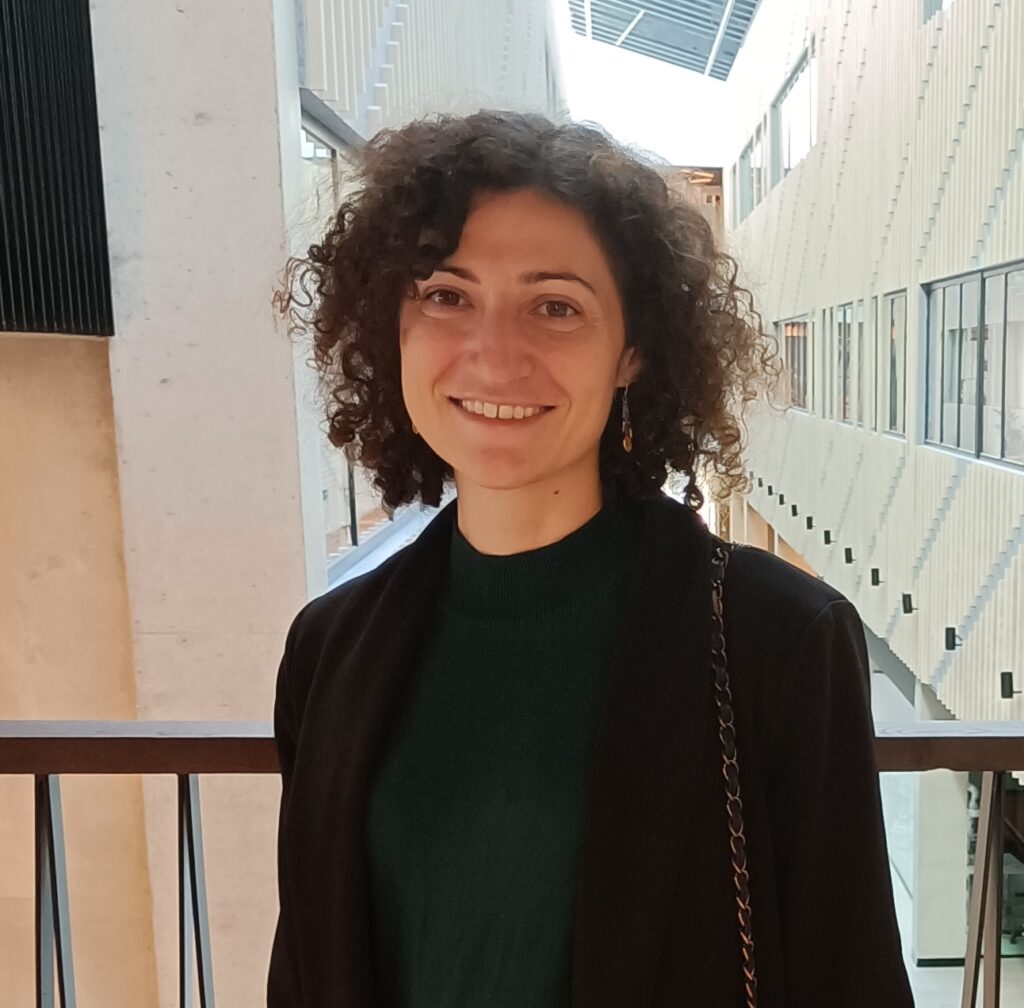Call for Doctoral Consortium
The theme of the 16th Biannual Conference of the Italian SIGCHI Chapter (CHItaly 2025) is “Technologies and Methodologies of Human-Computer Interaction in the Third Millennium”. It invites us to reflect on how technological advances continue to redefine our interactions with the digital world.
Over the last two decades, the field of Human-Computer Interaction (HCI) has evolved rapidly, adapting to innovations that have transformed everyday life. Integrating Artificial Intelligence, Augmented and Virtual Reality, Robotics, voice interfaces, wearable devices, and the Internet of Things has brought HCI to the forefront of scientific inquiry, offering novel possibilities and complex challenges. These technologies are not only changing how we use digital systems but also influencing the ways we think, learn, communicate, and interact on a personal, social, and organizational level.
This year’s conference aims to inspire a comprehensive dialogue on how these technologies are reshaping the landscape of HCI and redefining the boundaries of human capabilities. Participants will be invited to engage with questions surrounding ethical implications, accessibility, inclusivity, user experience, and the sustainability of emerging technologies. The theme encourages contributors to share insights on methodologies that adapt to these changes, from user-centred design practices to innovative evaluation methods for complex, adaptive systems.
Doctoral Consortium Goal
The goal of the Doctoral Consortium is to provide a forum for in-depth research discussions among PhD students and to build a mentoring and peer network for them. Students will be offered the opportunity to articulate and discuss their problem statement, goals, methods, and results. The Doctoral Consortium also aims at providing students with guidance on various aspects of their research from established researchers and the other students participating in the sessions. Finally, the Doctoral Consortium seeks to motivate students in the development of their scientific curiosity and facilitate their networking within the research community.
The topics of the Doctoral Consortium are the same as CHItaly. A particular focus will be on how new technologies and methodologies influence and shape interactions between users and digital systems, in line with the conference’s theme. The main scope of the consortium is to enable PhD students to interact with their peers, as well as with more senior researchers, on a wide range of Human-Computer Interaction related topics.
The consortium is open to PhD students worldwide at any stage in their research. Students at an early stage should be able to challenge their ideas and current research directions. Students at a more mature stage should be able to present their prospective thesis contributions and get advice on ways to further improve and better communicate their work and findings. Participation is particularly encouraged from PhD students who are close to the end of their path.
Students will be connected with a mentor that will provide more specific feedback on their research.
Doctoral Consortium Deadlines*
- Submission deadline: May 31, 2025
- Notifications to contributors: June 30, 2025
- Camera-ready/final version deadline:
July 15, 2025.Extended to July 23
* Please, note that all deadlines follow the Anywhere on Earth (AoE) time zone, meaning submissions are accepted until the end of day D in AoE.
Paper Format and Submission Guidelines
Submitted papers must be in English and single-author, but the name of the supervisor could be mentioned within the paper. Papers must be 6-page long, including references, using the 1-column CEUR template available at this link. An Overleaf page for LaTeX users is also available at this link.
Papers must:
- Identify a significant research problem in the field of HCI.
- Outline the current status of the problem domain and related solutions.
- Describe the contribution of the student by presenting the proposed approach and the results achieved so far.
Accepted papers will be collected and published in CEUR-WS proceedings, if possible. Each author of an accepted paper will present their contribution orally during the conference.
* Select the “Doctoral Consortium” track.
Doctoral Consortium Chairs
If you have any questions, please write an email to the Doctoral Consortium chairs.
Doctoral Consortium Program Committee
Augusto Esteves
augusto.esteves@tecnico.ulisboa.pt
ITI / LARSyS, Instituto Superior Técnico, University of Lisbon
Alessandra Rossi
alessandra.rossi@unina.it
University of Naples Federico II
Rosella Gennari
gennari@inf.unibz.it
Free University of Bozen-Bolzano
Monica Divitini
divitini@ntnu.no
Norwegian University of Science and Technology
Cristina Gena
cristina.gena@unito.it
Department of Computer Science, University of Torino
Lucio Davide Spano
davide.spano@unica.it
University of Cagliari
Mara Dionisio
mara.dionisio@staff.uma.pt
University of Madeira | ITI/LARSYS
Gualtiero Volpe
gualtiero.volpe@unige.it
InfoMus-DIST, University of Genoa
Antonio Origlia
antonio.origlia@unina.it
URBAN/ECO Research Center, “Federico II” University, Naples, Italy
Fabio Paternò
fabio.paterno@isti.cnr.it
CNR-ISTI



